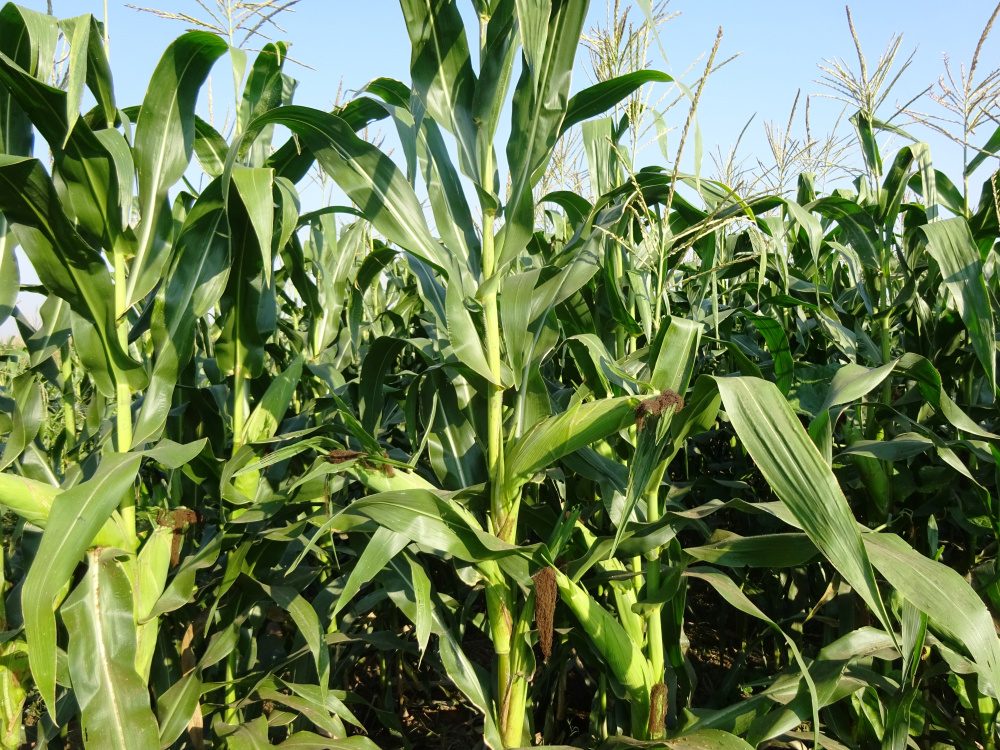Nutrition
The Nutrition Programme contributes to the improvement of the food and nutritional status of populations of countries in Africa, particularly vulnerable groups (babies, young children, pregnant women and nursing mothers).
Nutrition is the science that interprets the interaction of nutrients and other substances in food in relation to maintenance, growth, reproduction, health and disease of an organism. It includes food intake, absorption, assimilation, biosynthesis, catabolism, and excretion.
The diet of an organism is what it eats, which is largely determined by the availability and palatability of foods. For humans, a healthy diet includes preparation of food and storage methods that preserve nutrients from oxidation, heat or leaching, and that reduce risk of foodborne illnesses.
In humans, an unhealthy diet can cause deficiency-related diseases such as blindness, anaemia, scurvy, preterm birth, stillbirth and cretinism, or nutrient excess health-threatening conditions such as obesity and metabolic syndrome; and such common chronic systemic diseases as cardiovascular disease, diabetes, and osteoporosis. Undernutrition can lead to wasting in acute cases, and the stunting of marasmus in chronic cases of malnutrition


